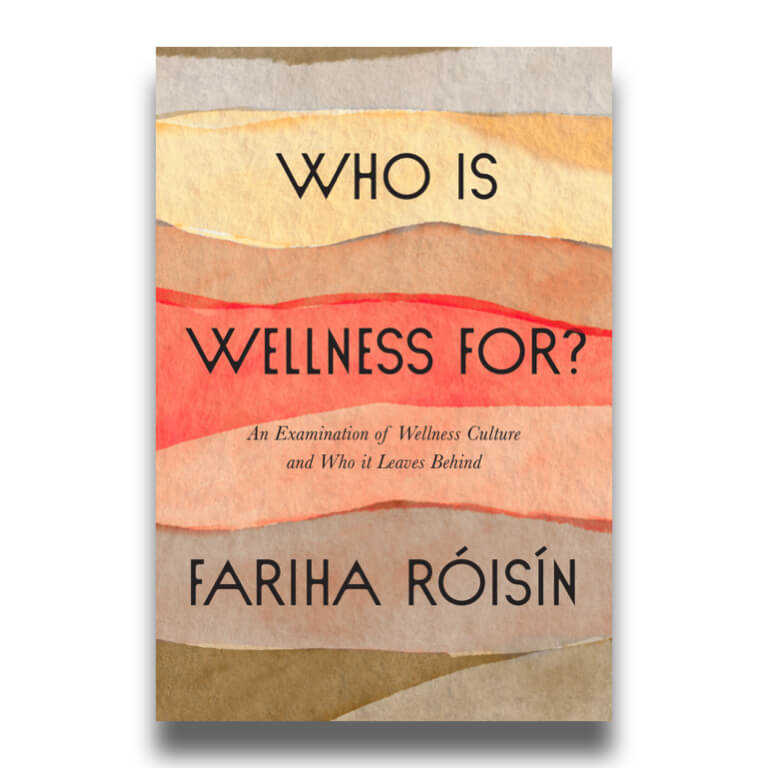Who Is Wellness For?
BY: The Numinous · Healing
With her new book, Who Is Wellness For?, Fariha Roisin explores how the progressive health industry has appropriated and commodified global healing traditions. In this excerpt, she describes how she became alienated from her body and her self, in a culture that discriminates based on race, size, and physical functionality.

Since the age of about four, my body has been revolting in one way or another—yet the medical world very rarely gave me true understanding of the language of my body. It took decades before I understood that leaky gut syndrome is one of those very real conditions that medical experts routinely dismiss.
I always felt that there was something lost in translation about my sickness, creating further confusion because it was being abstracted by Western medicine. I’ve never felt understood by the healthcare system—my needs were always too obscure, almost like I was speaking in strange, mysterious tongues.
Because my nourishment was depleted—my mother too busy with her illness; my father too busy trying to raise two kids and navigate his wife’s temerity—I accepted that I was flawed. Naturally, as I watched the world around me not pay attention to my needs, I began to dismiss them as well. I didn’t think I had a body; all I felt was that I was a giant blob of confusion.
This was around the time I started to grow disillusioned with my gender as well. I felt unappealing, and I was putting on weight. I now know there was nothing wrong with that, but back then I was bullied or teased by my family for being “the fattest one,” which in South Asian families (at least now) is code for “undesirable.”
I didn’t feel like a girl, I felt like an alien. Desire was outside of me. Around me, I was surrounded by white people and the occasional East Asian who also felt completely out of my league. I didn’t have nice accessories from Morning Glory, the cool Asian stationery store—I had shitty cheap things from Kmart. With no frame of reference on how to be, I became obsessed with being Japanese.
Karen Watanabe was a foreign exchange student who was my temporary best friend. I, too, wanted to be glamorous, I wanted to be liked. The irony is that East Asians are often incredibly racist to South Asians, so again, I was confused—othered. Against this backdrop, I became more and more confusing to myself. What space could I occupy? Who could I emulate?
The more this happened, the uglier I became to myself. This created a cycle of abstraction. Over time I couldn’t recognize who I was anymore because I had no mirrors, so the easiest thing to accept was that I wasn’t worth living, that my very life was purposeless, so I had to find some source of purpose, some source of life.
 From the book Who is Wellness For? by Fariha Róisín. Copyright © 2022 by Fariha Róisín. Published by Harper Wave, an imprint of HarperCollins Publishers. Reprinted by permission.
From the book Who is Wellness For? by Fariha Róisín. Copyright © 2022 by Fariha Róisín. Published by Harper Wave, an imprint of HarperCollins Publishers. Reprinted by permission.







